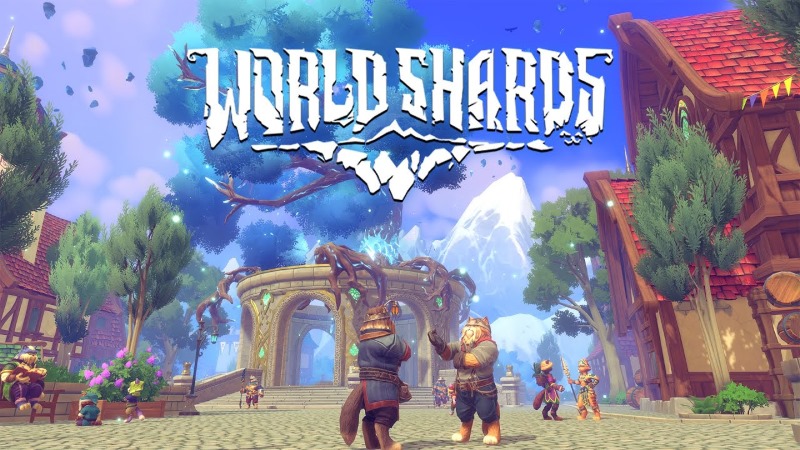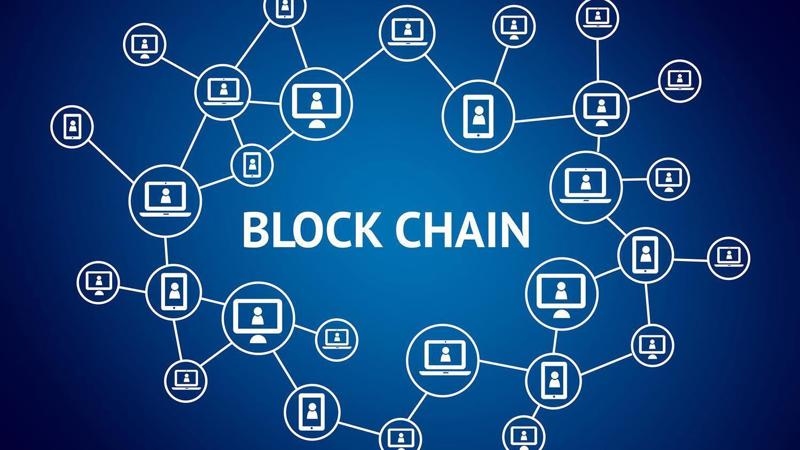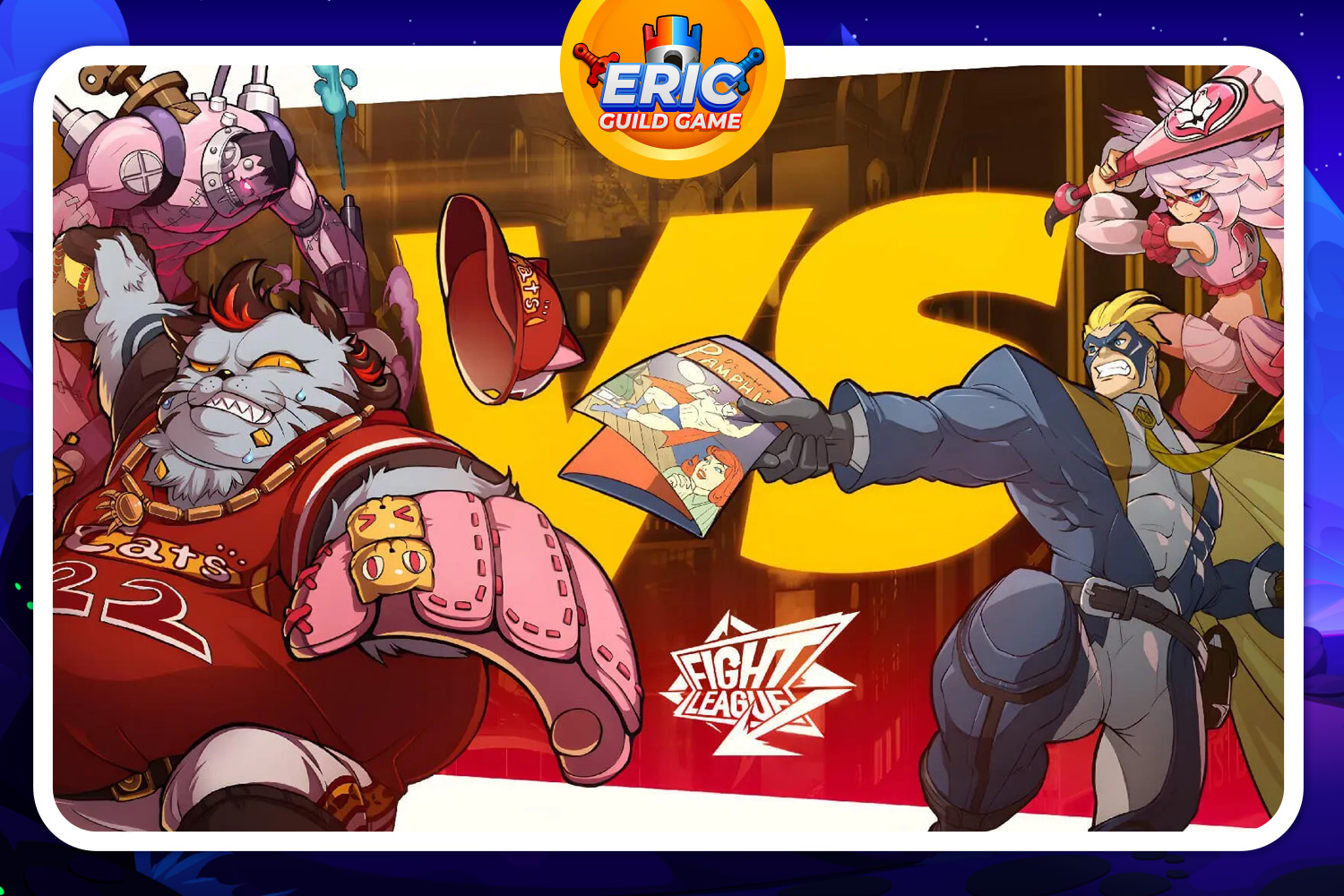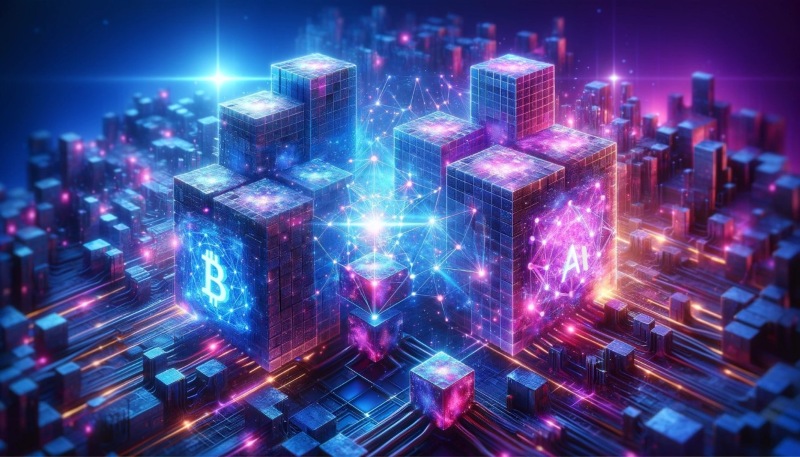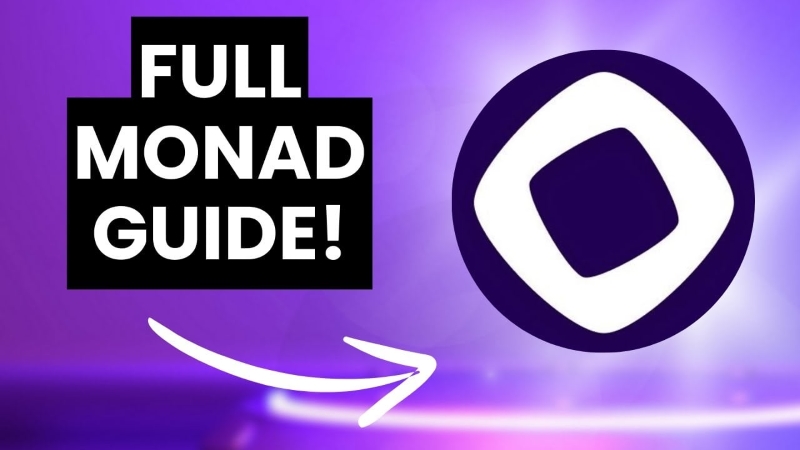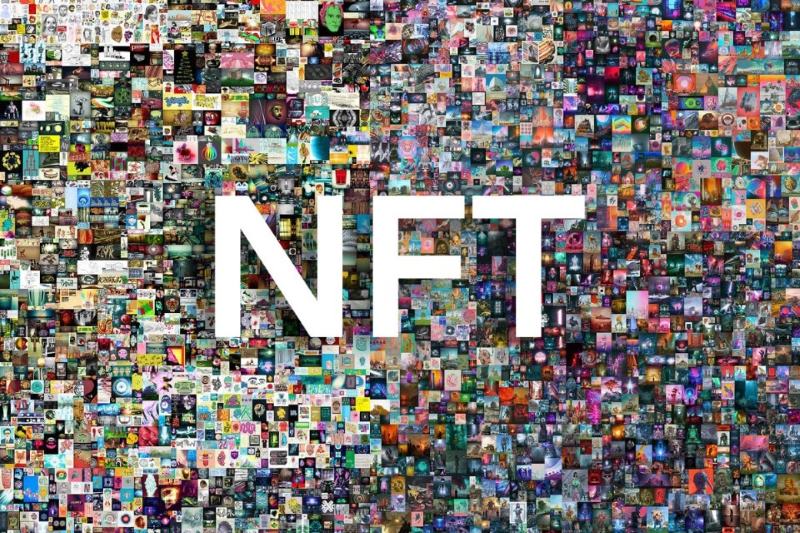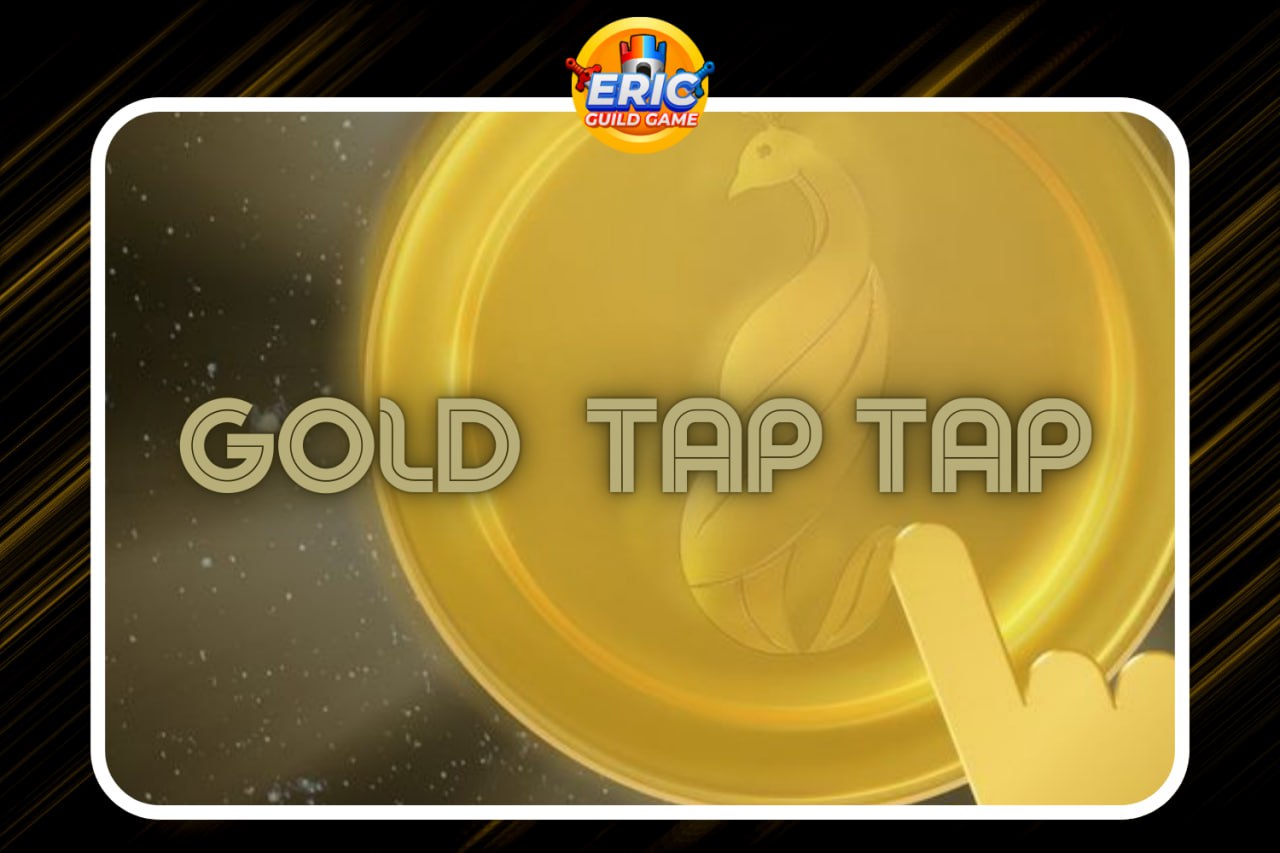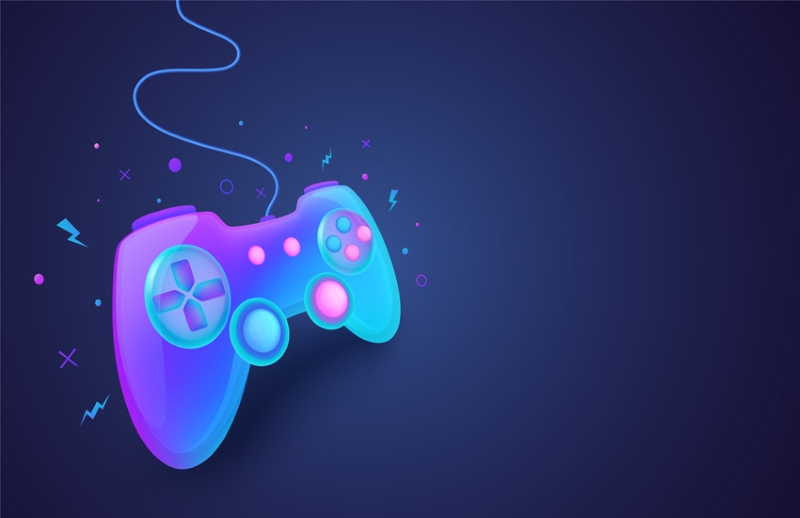MMORPG blockchain games are revolutionizing the gaming industry with play-to-earn models, NFT ownership, and decentralized economies.
Introduction
The gaming industry is undergoing a radical transformation with the rise of MMORPG blockchain games. Unlike traditional games, these decentralized RPGs leverage blockchain technology to offer true asset ownership, play-to-earn (P2E) opportunities, and transparent in-game economies. With the integration of smart contracts, NFTs, and tokenized ecosystems, blockchain MMORPGs empower players with unprecedented control over their virtual experiences.
This article explores the evolution, benefits, top games, and future trends of mmo blockchain game, providing deep insights into why they are shaping the next generation of gaming.
What Are MMORPG Blockchain Games?
NFT-Based Asset Ownership
One of the fundamental shifts introduced by blockchain MMORPGs is the concept of NFT-based item ownership. Items, characters, and virtual land are tokenized as NFTs, allowing players to truly own, sell, or trade them on decentralized marketplaces. Unlike traditional games where assets are locked within a single game ecosystem, blockchain MMORPGs give players the power to transfer their valuable in-game assets across different platforms.
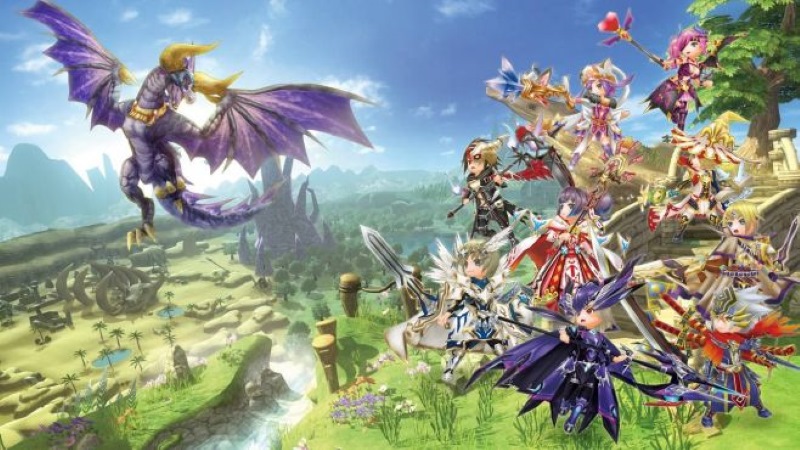
Play-to-Earn (P2E) Model
Unlike conventional MMORPGs, where rewards have no real-world value, blockchain MMORPGs operate on a play-to-earn (P2E) model. This means that players can earn cryptocurrency and other digital assets through gameplay, including:
- Completing quests and daily missions
- Winning PvP battles and tournaments
- Farming resources and crafting NFT-based items
- Participating in decentralized governance through DAO-based mechanics
This P2E structure has transformed gaming from a leisure activity into a potential revenue stream, attracting players and investors alike.
Smart Contracts for Secure Transactions
Blockchain MMORPGs rely on smart contracts to automate transactions, ensuring transparency, security, and trust in-game economies. These contracts govern:
- Ownership verification of digital assets
- Trade and exchange mechanics between players
- Staking and rewards distribution for token holders
By leveraging blockchain transparency, smart contracts eliminate fraud and prevent unauthorized modifications to the in-game economy.
Interoperability and Cross-Game Integration
Another major innovation in blockchain MMORPGs is asset interoperability. Some blockchain games allow items and characters to be used across multiple platforms and games within the same ecosystem. This means that an NFT sword earned in one game could be utilized in another, fostering a metaverse-style environment where players are not limited by a single game’s economy.
With these advancements, blockchain MMORPGs redefine digital ownership, allowing players to truly own, trade, and monetize their virtual assets like never before.
Key Features of Blockchain MMORPGs
NFT-Based Asset Ownership
Traditional MMORPGs lock assets within their centralized servers, giving developers full control. Blockchain MMORPGs, on the other hand, utilize NFTs, ensuring that players truly own their in-game assets, which can be bought, sold, or transferred outside the game.
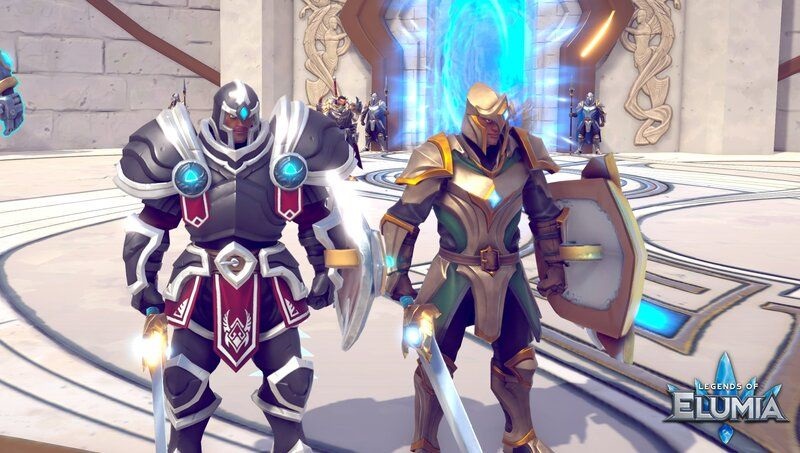
Play-to-Earn (P2E) Model
One of the most revolutionary aspects of blockchain RPG games is the play-to-earn (P2E) model. Players can earn cryptocurrencies by:
- Completing quests
- Winning battles
- Trading in-game NFT items
- Participating in governance decisions (DAO-based games)
This model transforms gaming from a hobby into a lucrative opportunity, making it attractive to both casual and competitive players.
Smart Contracts for Game Mechanics
Smart contracts execute in-game transactions transparently and securely. These self-executing contracts prevent fraud and ensure fair play, governing elements such as:
- Item trades
- Combat rewards
- Token distribution
Interoperability in the Metaverse
Some MMORPG blockchain games are designed to allow cross-platform interoperability, meaning that a sword or a character earned in one game might be usable in another game, fostering an interconnected metaverse economy.
Top Blockchain MMORPG Games in 2024
Illuvium (3d mmorpg mobile games)
- Genre: Sci-Fi RPG
- Blockchain: Ethereum + Immutable X
- Features: Open-world exploration, NFT-based creatures, decentralized staking rewards, interactive combat system, customizable characters, and land ownership options.
Illuvium’s combination of AAA graphics and blockchain integration makes it one of the most perfect world mmorpg game.
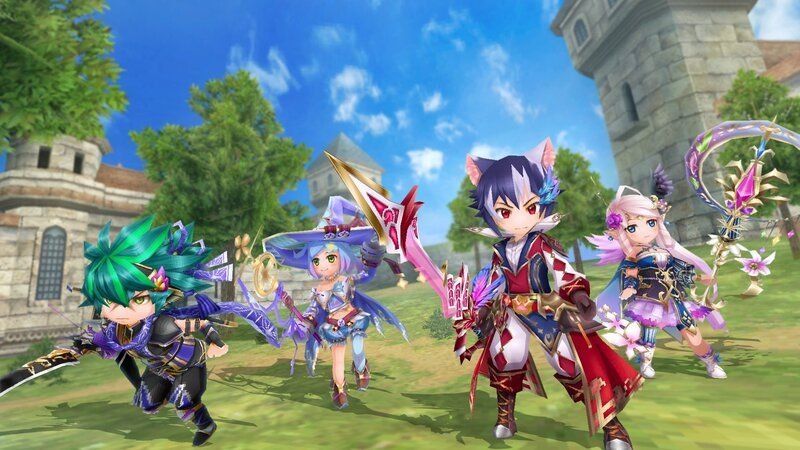
Big Time (web games mmorpg)
- Genre: Time-travel RPG
- Blockchain: Ethereum
- Features: NFT cosmetics, dungeon battles, multiplayer co-op gameplay, character progression, and real-world asset value.
Big Time allows players to create in-game economies, trade NFT items, and participate in a storyline driven by historical events.
Ember Sword
- Genre: Fantasy MMORPG
- Blockchain: Immutable X
- Features: No pay-to-win mechanics, player-driven economy, unique class system, land ownership, and seamless PvP battles.
Ember Sword’s approach to fair gameplay makes it ideal for both casual and hardcore gamers.
Star Atlas
- Genre: Space Exploration MMORPG
- Blockchain: Solana
- Features: Space combat, metaverse integration, NFT-based spaceship customization, and deep economic strategy elements.
Star Atlas offers a metaverse-style experience, where players engage in space exploration, trade, and large-scale warfare.
Guild of Guardians
- Genre: Action RPG
- Blockchain: Ethereum + Immutable X
- Features: Team-based strategy, P2E rewards, guild-based battles, NFT-based characters, and sustainable game mechanics.
Guild of Guardians emphasizes cooperative gaming, allowing players to form guilds and earn assets collectively.
Why MMORPG Blockchain Games Are the Future of Gaming
- Financial Incentives: Players can earn real income from gaming activities, unlike traditional MMORPGs.
- Decentralization: Players, not corporations, control in-game economies, ensuring fairness and transparency.
- Transparency & Security: Smart contracts ensure fair, cheat-proof transactions.
- Growing Adoption: Leading gaming studios are investing in blockchain technology, pushing mainstream adoption forward.
- Community-Driven Economies: Decentralized Autonomous Organizations (DAOs) allow players to vote on game changes, creating a true player-owned economy.
Challenges Facing Blockchain MMORPGs
Despite their revolutionary potential, blockchain MMORPGs face several critical challenges that hinder their widespread adoption and development. Below are some of the key obstacles:
Scalability and High Transaction Fees
Many blockchain MMORPGs operate on networks that struggle with limited scalability. As player bases grow, transaction congestion leads to higher gas fees and slower transaction times. Ethereum, one of the most commonly used blockchains for gaming, often experiences network bottlenecks that make microtransactions impractical. Solutions such as Layer 2 scaling solutions (Polygon, Immutable X) and alternative blockchains (Solana, Avalanche, Flow) are emerging, but adoption remains inconsistent.
Regulatory Uncertainty and Compliance Issues
Governments worldwide are still trying to define legal frameworks for blockchain gaming, NFTs, and play-to-earn mechanics. Some countries have banned crypto transactions, while others impose heavy taxation and anti-money laundering (AML) regulations. For blockchain MMORPGs to thrive, game developers must navigate complex legal landscapes to ensure compliance with global regulations.
Security Threats and Exploits
Since blockchain MMORPGs involve real-world financial value, they become prime targets for hackers. Common vulnerabilities include:
- Smart contract exploits (e.g., reentrancy attacks)
- Phishing attacks on players’ wallets
- NFT theft and fraudulent in-game transactions Recent high-profile hacks, such as Axie Infinity’s Ronin Bridge hack, have demonstrated how fragile some blockchain infrastructures can be. Enhanced security measures, audits, and multi-layered authentication are essential to building trust in blockchain gaming.
Barrier to Entry for Traditional Gamers
While blockchain MMORPGs attract crypto enthusiasts, traditional gamers often struggle with complex onboarding processes. Many blockchain games require users to:
- Set up a cryptocurrency wallet (e.g., MetaMask, Phantom)
- Purchase in-game assets using crypto
- Understand decentralized finance (DeFi) principles These barriers create a steep learning curve, discouraging mainstream adoption. Game developers must prioritize user-friendly onboarding, such as seamless fiat-to-crypto integrations and intuitive game mechanics.
Inconsistent Game Quality and Development Challenges
Many blockchain MMORPGs focus heavily on tokenomics and financial incentives but fail to deliver engaging gameplay. Compared to traditional MMORPGs like World of Warcraft or Final Fantasy XIV, many blockchain-based games lack depth, polished mechanics, and compelling storytelling. Building AAA-quality blockchain MMORPGs requires significant funding and skilled developers, but few projects have successfully balanced both blockchain and gameplay innovation.
Future Trends in Blockchain MMORPGs
Despite the challenges, blockchain MMORPGs are evolving rapidly. The following trends will shape the future of the industry:
AI & VR Integration for Enhanced Immersion
The integration of artificial intelligence (AI) and virtual reality (VR) will elevate blockchain MMORPGs to a new level of immersion. AI-driven NPCs will react dynamically to player actions, while VR environments will allow players to physically engage with the metaverse. Games like Illuvium and Star Atlas are already exploring advanced AI-driven mechanics for interactive gaming worlds.
Cross-Chain Gaming and Interoperability
Future blockchain MMORPGs will adopt multi-chain strategies, allowing players to use assets across different blockchains. Instead of being locked into a single network, assets from Ethereum, Solana, Binance Smart Chain, and Avalanche will be interchangeable. This shift will create a truly unified gaming ecosystem, enhancing the player experience and liquidity of in-game items.
Mainstream Gaming Studios Entering the Market
While early blockchain MMORPGs were developed by crypto-native teams, AAA gaming studios are now entering the space. Companies like Ubisoft, Square Enix, and EA have already announced plans to explore blockchain-based gaming models. These studios bring high-quality development standards, mass-market appeal, and improved player experiences, helping bridge the gap between traditional and blockchain gaming.
Decentralized Autonomous Organizations (DAOs) for Community Governance
Many blockchain MMORPGs are embracing DAOs, allowing players to govern game ecosystems through voting mechanisms. This decentralized decision-making model enables players to influence game development, rule changes, and economic policies. Games like Decentraland and The Sandbox have successfully implemented DAO governance, setting a precedent for MMORPGs.
Sustainable Blockchain Gaming Models
Environmental concerns surrounding blockchain technology have led to increased demand for eco-friendly gaming solutions. The rise of proof-of-stake (PoS) blockchains and carbon-neutral initiatives will make blockchain MMORPGs more sustainable. Networks like Ethereum 2.0, Solana, and Flow are leading the charge in reducing energy consumption while maintaining high-performance gaming infrastructure.
More Engaging Play-to-Earn Models
Early play-to-earn models relied heavily on speculative tokenomics, leading to unsustainable economies. The next generation of blockchain MMORPGs will focus on skill-based earnings, balanced in-game economies, and engaging content. Instead of pure financial incentives, future P2E models will prioritize long-term gameplay value, keeping both casual and professional gamers engaged.
“If you’re into blockchain MMORPGs, keeping up with the latest updates is a must! Follow blockchain gaming news sources to stay ahead of new projects, trends, and tech breakthroughs.
Conclusion
The rise of MMORPG blockchain games marks a paradigm shift in the gaming industry, merging decentralized finance with immersive gameplay. These games are not just about entertainment but also serve as economic ecosystems, enabling players to earn and trade digital assets with real-world value.
With blockchain technology providing true asset ownership, play-to-earn opportunities, and decentralized control, the future of blockchain MMORPGs is poised for mass adoption. However, challenges such as scalability, regulatory concerns, and security risks must be addressed for sustainable growth.
As major gaming studios and blockchain developers refine their ecosystems, the gaming guild model is becoming increasingly important. Platforms like the gaming guild play a key role in educating players, fostering communities, and providing insights into the latest blockchain gaming innovations. These guilds are bridging the gap between traditional gamers and blockchain technology, making blockchain MMORPGs more accessible.
Ultimately, whether you’re a casual gamer, investor, or developer, blockchain MMORPGs present a unique opportunity to engage with cutting-edge technology, financial innovation, and community-driven economies. The next few years will be pivotal as these games transition from niche markets to mainstream gaming experiences.
This comprehensive guide ensures MMORPG blockchain games are well-understood, optimized for SEO rankings, and valuable for players and investors alike.
Frequently Asked Questions (FAQ)
1. What are MMORPG blockchain games?
These are multiplayer RPGs that use blockchain technology for asset ownership and decentralized economies.
2. How do play-to-earn mechanics work?
Players earn cryptocurrencies or NFTs by completing quests, battles, and trading in-game assets.
3. Are blockchain MMORPGs free to play?
Some are free, while others require NFT purchases or token staking.
4. What is the best blockchain MMORPG?
Popular choices include Illuvium, Big Time, Ember Sword, and Star Atlas.
5. How can I start playing blockchain MMORPGs?
You need a crypto wallet (e.g., MetaMask), some cryptocurrency (ETH, SOL), and access to a game’s marketplace.
